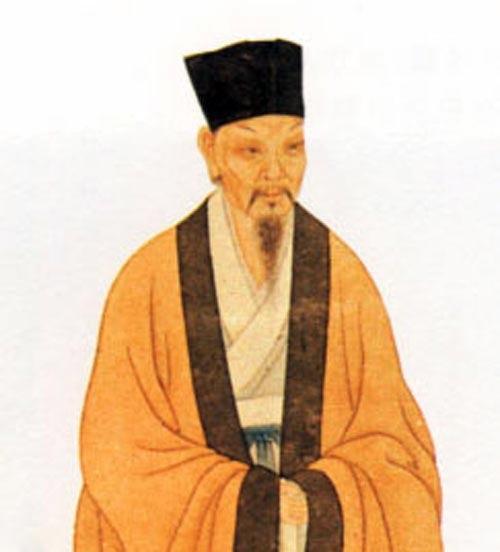Those who become big things are informal, and what is often mentioned by people means that people who do big things do not have to pay attention to the small things in life.
Fundamentally, however, this explanation is inaccurate and may even lead to misunderstandings.
1. Those who have achieved great things
Source: Su Shi's "Theory of Chaotic Error":
Those who have established great things in the past will not only have supernatural talents, but also have the will to persevere. Xi Yu ruled the water, chiseled the dragon gate, and decided the great river and released the sea. Fang Qi's achievements have not yet been accomplished, and Gai also has the fear of collapse and conflict; only if he can know his course in advance, he will not be afraid of things, and Xu's plan is to succeed.

Translation:
Since ancient times, all those who have made great undertakings have not only outstanding talents, but also must have a tenacious will. Once upon a time, Dayu ruled the water, chiseled open the dragon gate, dredged the Yellow River, and caused the flood to flow east into the sea.
When his whole project has not yet been finally completed, there may also be terrible disasters such as breaking the embankment and flooding the embankment, but he expected this in advance, and when the disaster occurred, he did not panic and could calmly manage it, so he could finally succeed.
2. Informal
Source: The Book of the Later Han Dynasty: "The Sex is Simple and Informal. "The Book of the Later Han Dynasty is a chronicle of the history of the Eastern Han Dynasty, compiled by Fan Ye, a historian of the Southern Chinese Dynasty and song dynasties.
In addition, subsections appear in sentences:
(Uncle Bao) knows that I am not ashamed of the small section and the shame of the name is not obvious to the world. - "The Chronicle of Guan Yanlie"
The subsections here refer to all kinds of small things.
So what does informality mean?
Restraint means restraint, restriction, and restraint, so fundamentally speaking, informality should be not bound by all kinds of small and tedious matters.
Then, the informality of the person who becomes a big thing should be interpreted as:
Those who want to do big things should grasp the main goal and focus more on it, without being tied down by small things.
Not being bound by small things should be understood as being able to prioritize and quickly get out of small things without too much delay in time and energy.
Many people understand it as: not paying attention to small things, which means that small things can be ignored without care. This explanation is also used by many sloppy and bad behavior people to justify their shortcomings and mistakes.
Combined with another sentence: the details determine success or failure. People who do big things still pay attention to detail.
One is active solution, the other is passive, and the two explanations are still very different.